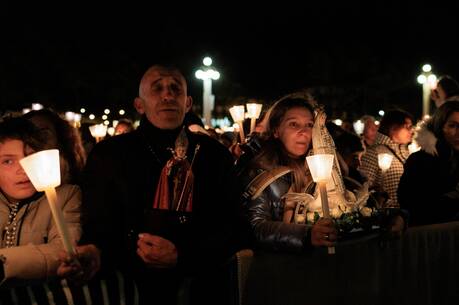Pro-Family Policies
After a few attempts and some last minute rewriting, the House of Representatives passed the Pain-Capable Unborn Child Protection Act on May 13, which bans abortions after 20 weeks of pregnancy. Only four Democrats signed on to the bill, and President Obama has vowed to veto the measure if it passes the Senate, which seems unlikely. Like the Senate’s immigration reform bill, the House’s measure is likely to languish in limbo, a casualty of Washington’s political divisions.
Some observers have portrayed the House’s move as a sop to the party’s conservative base. Yet banning abortions after 20 weeks is not as radical as pro-choice advocates would have you believe. Many European nations ban abortions after 13 weeks. According to polls, a majority of U.S. women, including Democrats and millennials, support a 20-week ban. The same month the House bill passed, an article in The New York Times documented the survival of premature babies at 22 weeks. The viability marker dictated by Roe v. Wade—24 weeks—is now clearly exposed as arbitrary.
The group Democrats for Life has offered one way forward. Kristen Day, the executive director, has proposed that Congress pass both the Unborn Child Protection Act and a law providing paid maternity leave, a measure embraced by many Democrats. The more we can do to assist mothers, to show them that they will receive support from society to raise their children, the fewer abortions there will be. Neither party can claim to be pro-family if it fails to protect both young mothers and their unborn children.
L.A. Wage Wars
The Catholic Church and organized labor have long been strong proponents of providing all workers with a just wage. So why are Homeboy Industries, a nonprofit run by a Jesuit priest, Gregory Boyle, and the Los Angeles County Federation of Labor both seeking exemptions from the recently passed $15 minimum wage ordinance in Los Angeles?
Homeboy Industries, which provides training, counseling and jobs for former gang members and ex-convicts, wants a temporary pass for those workers who spend no more than 18 months in its transitional employment program. The group’s executives warn that with the higher wage they would likely have to cut 60 of their 170 trainee positions. Rusty Hicks, head of the Federation of Labor and a leader in the minimum wage campaign, opposes granting such an exemption to Homeboy and similar nonprofits. On the other hand, he argues (some would say hypocritically) that the wage ordinance should not apply to unionized workplaces, where employees might agree to lower pay through collective bargaining.
For over 25 years, Homeboy Industries has given a second chance to men and women whom others considered unemployable. Because the wage clients receive there is only a small part of a larger package of services and support, there is a strong case for granting the group and comparable social enterprises a time-limited exemption. The argument for exempting union workers, however, is a bit more cynical. Such a move could push businesses to let employees unionize in order to avoid the $15 minimum. That might help an employer’s bottom line and bring in more dues to the union, but it will do little to advance the law’s true aim: lifting workers and their families out of poverty.
Let Our Prisoners Go
In February Gov. Bruce Rauner of Illinois proposed reducing the state’s prison population by 25 percent within 10 years. The same week the MacArthur Foundation announced a $75 million challenge to reduce over-incarceration. Meanwhile, Pope Francis has repeatedly called for broad prison reform and shorter jail time. But, as Marc Mauer and David Cole wrote recently in The New York Times (5/24), nearly everyone knows the criminal justice system needs fixing, but few have provided solutions.
The authors have answers. Longer sentences, they say, do not have greater deterrent effect and could be cut in half. Sentences in the United States are two to 10 times longer than those for the same crimes committed by the British, Dutch or French. One in every nine Americans in prison is serving a life sentence, and the older they get, the less risk they represent. Today 250,000 inmates are over 50; many should be considered for parole. Two-thirds of released prisoners are rearrested within three years, but many of these arrests are for parole violations that do not harm others. Instead, the writers suggest, fine them for the violation. Local drug courts can reduce substance abuse without incarceration.
New York, New Jersey and California have already achieved the 25 percent goal set by Illinois. Many opponents of reform are politicians and contractors who reap economic gains from the construction and operation of prisons, as well as candidates who campaign on “getting tough on crime.” It is time for the church and the media to spread the word that prisoners are people and that the public good is not served well when large numbers of people (2,220,300 in 2013) are incarcerated.








